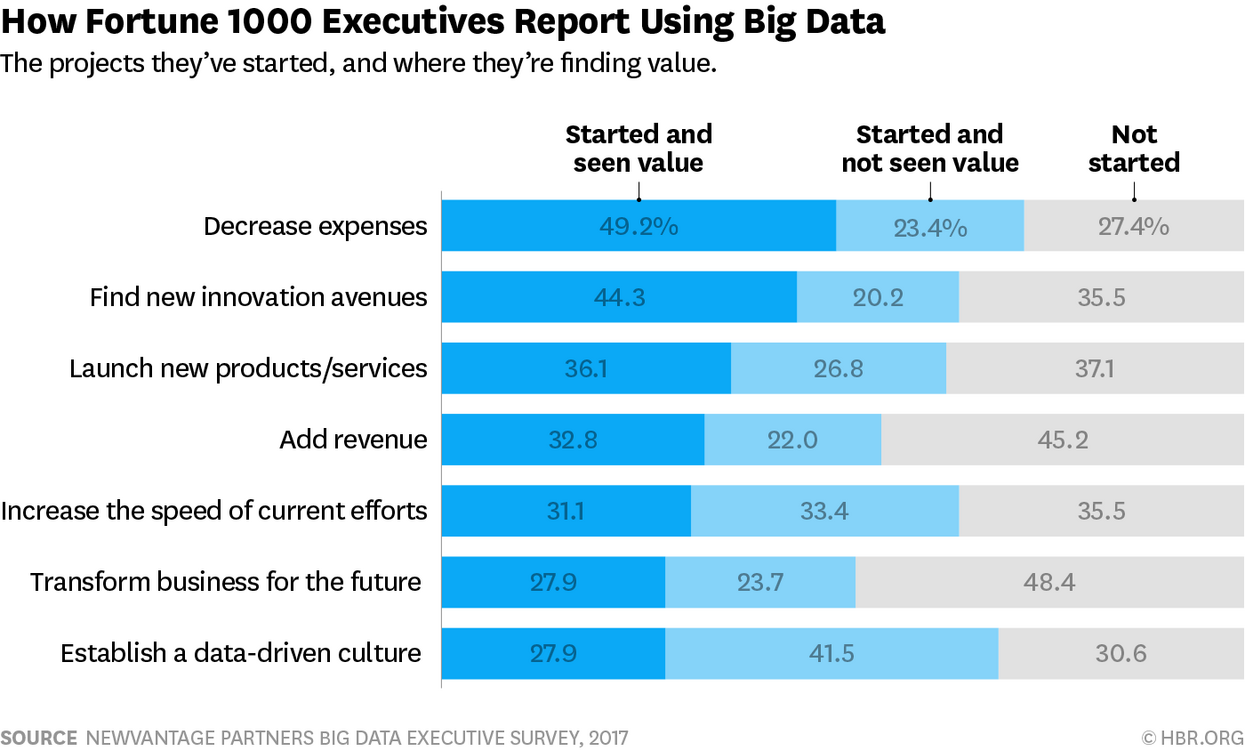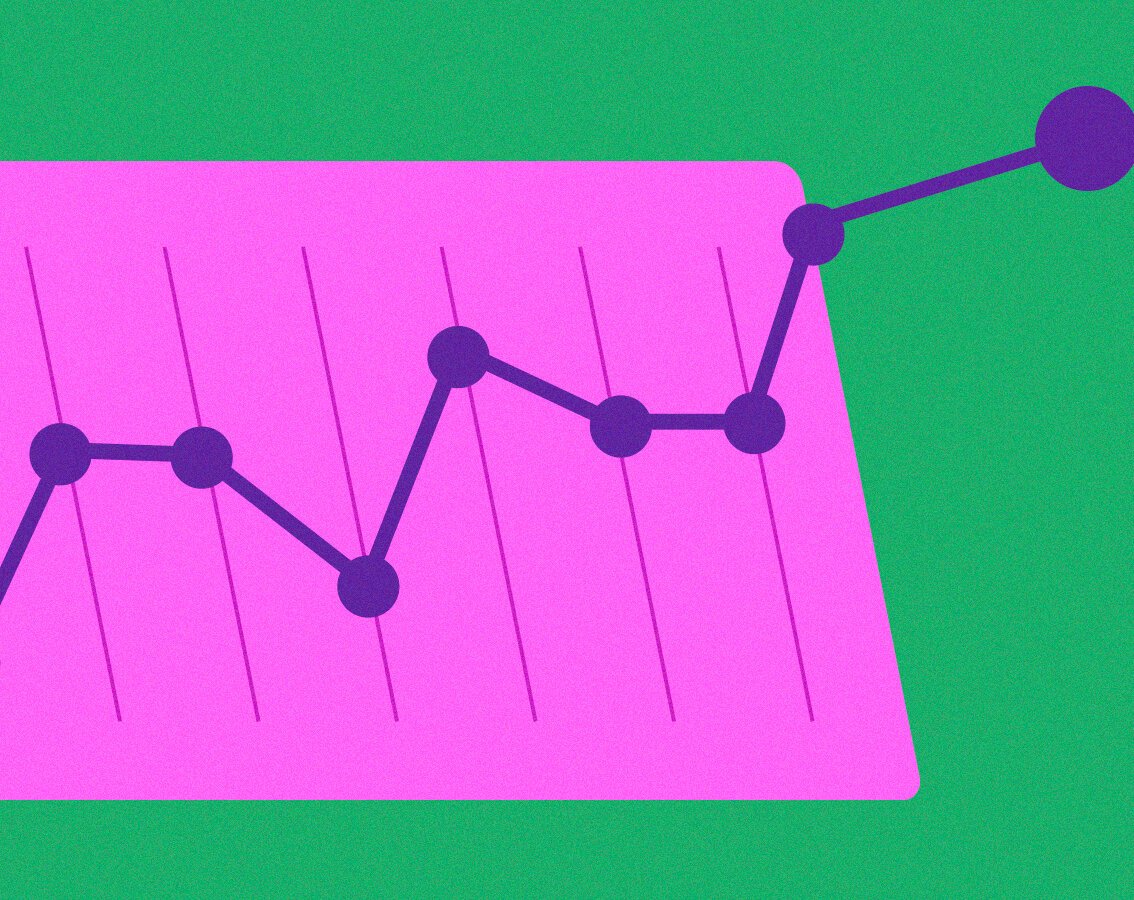blog
Hidden Insights, Exquisite Customer Experiences: Big Data Revealed
By Mohan S AI and ML Big Data June 8, 2023

The potential of big data is transforming organizations across industries in today's data-driven society.
Explore: Digital Transformation And CX - Understanding How Digital Transformation Drives Customer Experience
This enormous amount of data that is produced every day offers priceless insights and chances to improve several facets of corporate operations. Customer experience is one area where big data has proven to be extremely revolutionary.
Big data has the potential to reinvent customer assistance and change the way customers are served. Businesses are now able to tailor experiences, use predictive analytics, and make data-driven decisions thanks to the actionable insights produced by big data analytics. Big data must be integrated into the consumer experience if data-driven business success is to be fully realized.
Benefits of Big Data Integration
Due to the enormous volume and diversity of data sources, integrating big data into multiple business processes can be challenging. The advantages of this integration, however, are very substantial and can lead to appreciable gains in consumer satisfaction. The motivations and advantages for incorporating big data into businesses will be covered in this section, with a focus on improved customer insights, proactive customer service, individualized predictive ideas, and fostering client loyalty.
1. Enhanced Customer Insights
Businesses gain a deeper understanding of their customers by integrating big data. Businesses may learn a great deal about their customers' preferences, requirements, and motives by evaluating the massive volumes of customer data they collect, including demographics, purchase history, browsing habits, and social media interactions. Businesses may better satisfy customer expectations by customizing their offerings, services, and marketing plans thanks to this in-depth insight, which ultimately boosts client loyalty and satisfaction.
2. Proactive Customer Service
Businesses can approach customer care in a proactive manner by integrating big data. Businesses can spot potential problems or trends of customer dissatisfaction by using real-time data analytics before they become serious. Businesses that practice proactive customer service can step in early, respond quickly to issues, and offer timely solutions, improving overall customer satisfaction and lowering the chance of bad reviews or attrition.
3. Personalized Predictive Suggestions
Businesses can provide clients with individualized and predictive ideas by integrating big data. Businesses can use machine learning and advanced analytics to examine client data and identify unique preferences and behaviors. This enables organizations to provide content, product recommendations, and recommendations that are specifically suited to each customer's interests and requirements. In addition to improving the customer experience, personalized predictive suggestions raise the chances of customer engagement, repeat business, and cross-selling opportunities.
4. Building Customer Loyalty
Big data integration enables companies to increase client loyalty. Businesses can spot patterns and trends in consumer satisfaction, preferences, and purchasing behavior by utilizing customer data. With the use of this knowledge, firms may design customized loyalty programs, specialized incentives, and targeted marketing initiatives. Understanding and meeting client demands, developing long-term connections, and rewarding customer loyalty all contribute to increasing customer retention and advocacy when big data integration is used to build customer loyalty.
3 Brilliant Examples of Big Data Analytics in Customer Support
Businesses in a variety of industries have found that incorporating big data analytics into customer service procedures has completely changed the game. In this section, we'll look at three outstanding examples of how businesses like Walmart, Netflix, and Bank of America have used big data analytics to improve their customer service plans and provide top-notch experiences.
Walmart
One of the biggest retail chains in the world, Walmart, uses big data analytics to streamline its customer care procedures. Walmart learns a lot about the tastes, requirements, and behavior of its customers by evaluating the massive amounts of data on them that are available, such as their purchase history, their online interactions, and their mood on social media.
As a result, they may tailor their contacts with customers, make recommendations that are relevant to them, and give prompt help. Walmart also makes use of predictive analytics to forecast customer demand, improve inventory control, and guarantee product availability, all of which improve customer satisfaction.
Source: Walmart Case Study
Netflix
Big data analytics are heavily used by Netflix, a well-known international streaming service, to improve its customer assistance and content recommendation systems. Netflix is able to provide highly individualized content recommendations to specific customers by examining their viewing habits, tastes, and feedback. In addition to raising customer pleasure, this level of personalization boosts engagement and lowers turnover. In order to provide its consumers with a flawless streaming experience, Netflix also uses big data analytics to spot possible streaming faults, diagnose issues, and take proactive measures to fix them.
Source: Netflix Case Study
Bank of America
A significant US bank, Bank of America, uses big data analytics to improve financial services and customer assistance. Bank of America discovers information about the preferences and wants of each individual customer by scrutinizing transactional data, spending trends, and account history. As a result, they may offer specialized product suggestions, individualized financial advice, and proactive fraud detection. The bank also employs big data analytics to streamline procedures, uncover bottlenecks, and speed up reaction times in order to improve customer service operations.
Source: Bank of America Case Study
These examples show how companies can alter their customer service strategy using big data analytics. These businesses have been able to offer personalized experiences, pro-active support, and tailored recommendations by utilizing consumer data, thereby increasing customer happiness and loyalty. Big data analytics have been successfully implemented in customer care, proving again how they significantly enhance the overall customer experience.
Conclusion
The use of big data analytics in customer care has many advantages. It enables companies to learn more about their clients, foresee their requirements, and offer prompt and proactive solutions. Businesses can give highly targeted and relevant recommendations using personalized predictive predictions based on data analysis, increasing consumer engagement and loyalty. Big data analytics also aid in improving customer support operations, process optimization, and response time reduction.
Adopting big data analytics in customer service involves challenges since processing enormous amounts of data and maintaining data privacy might be difficult. The benefits, however, outweigh the difficulties because companies that successfully implement big data analytics are better positioned to satisfy customers, meet their expectations, and acquire a competitive edge.
The use of big data analytics in customer service will develop and grow as time goes on. Businesses may remain ahead of industry trends, foresee consumer needs, and provide outstanding experiences that encourage lifetime customer loyalty by consistently exploiting and improving customer data.




